A guide to April Fool’s Day: Origins, celebrations, memorable pranks
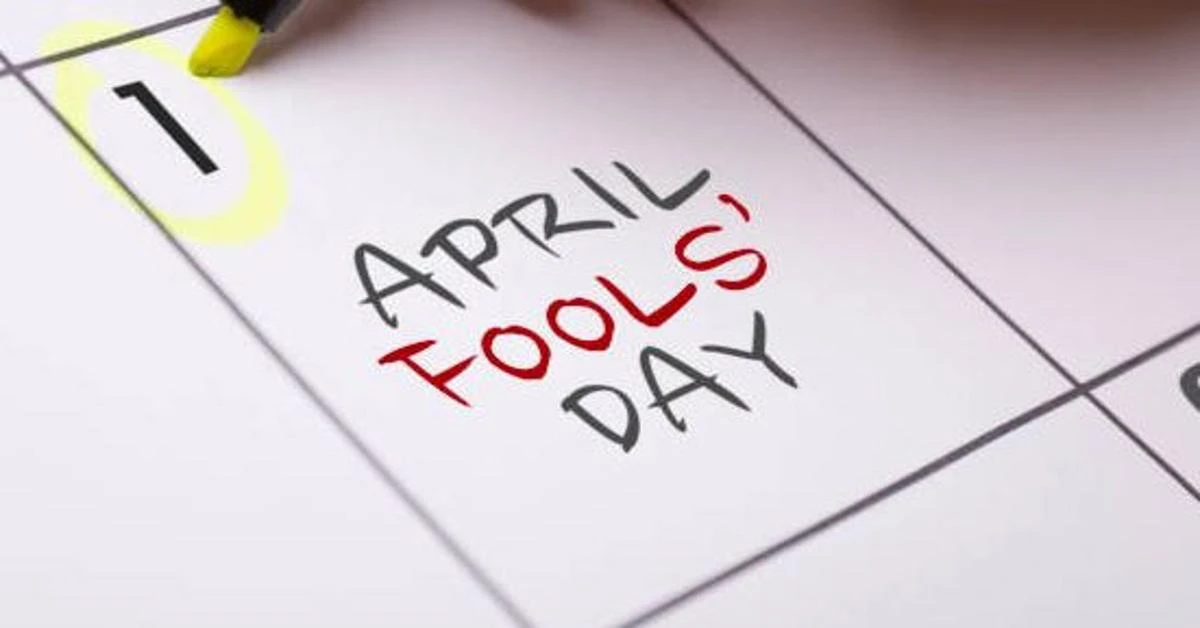
April Fool’s Day’s elusive origins date back to ancient Rome and medieval France, evolving from calendar changes and festivals to modern-day pranks
April Fool’s Day, recognized on April 1, is celebrated worldwide with pranks, hoaxes and a general spirit of joy.
Despite its widespread popularity, the origins of this playful day remain enshrouded in mystery, captivating the curiosity of many.
From unexpected practical jokes to elaborate hoaxes, April Fool’s Day has become integral to many cultures, marking a day where humor takes the front seat.
The history behind April Fool’s Day
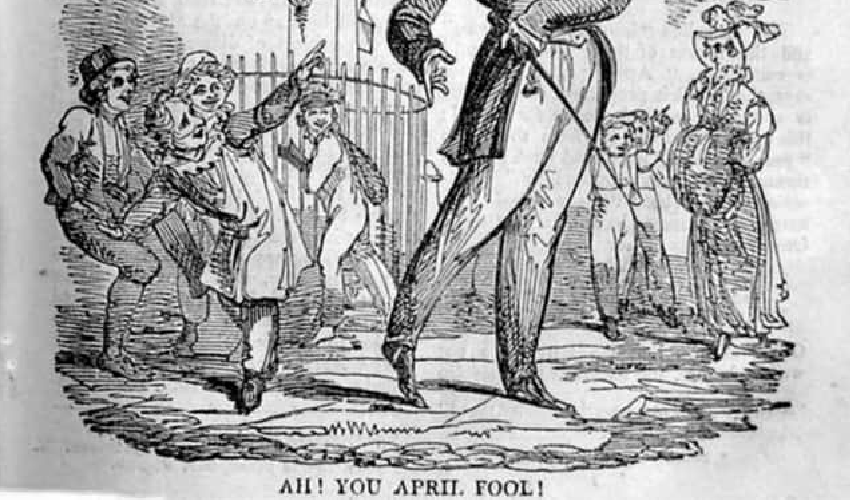
Historians have pieced together several theories about the origins of April Fool’s Day, though its exact genesis remains elusive.
One widely discussed hypothesis links the day to a significant calendar change in France.
In 1582, France transitioned from the Julian to the Gregorian calendar as decreed by the Council of Trent.
This switch moved the celebration of the New Year from around April 1 to Jan. 1. Those who were slow to adapt or remained unaware of this change continued to celebrate the New Year in the spring, earning them the moniker “April Fools.”
This transition period marked by confusion and resistance to change is believed to be a cornerstone in the evolution of April Fool’s Day.
In addition to the calendar change theory, April Fool’s Day also seems to have ancient roots.
Historical connections have been drawn to the Hilaria festival in ancient Rome, celebrated at the end of March. This event involved masquerading and jest, echoing the spirit of modern April Fool’s Day celebrations.
Another parallel can be seen in the Holi festival in India, which concludes at the end of March and involves playful pranks and color throwing, symbolizing joy and the triumph of good over evil.
Global spread, evolution of April Fool’s Day
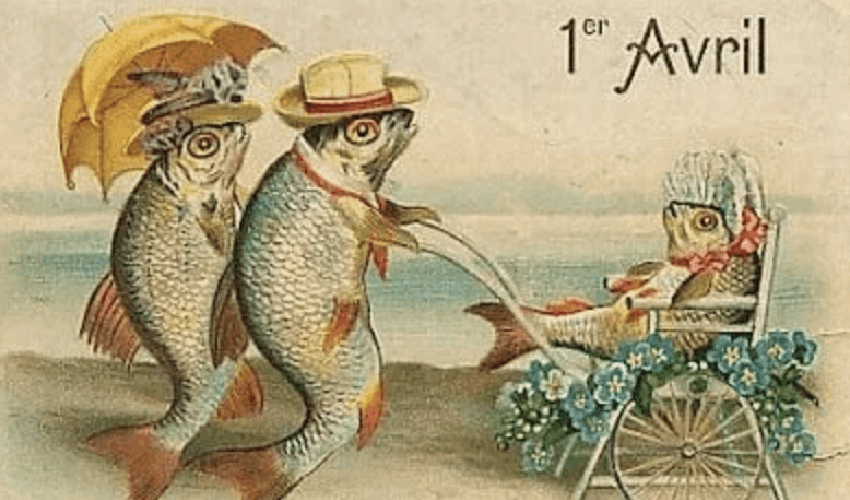
April Fool’s Day did not remain confined to France.
By the 18th century, it had become a popular tradition in Britain. Scotland, in particular, embraced the day with a unique enthusiasm, extending the celebration to a two-day event.
The first day involved sending people on phony errands, known as “hunting the gowk” (gowk is a word for cuckoo bird, a symbol for a fool). This was followed by Tailie Day, which included pranks focused on the posterior, such as attaching fake tails to unsuspecting individuals.
As European influence spread, so did the observance of April Fool’s Day, each country adapting the tradition to its cultural context.
In France, the fooled person is called poisson d’avril (“April fish”), often involving a paper fish discreetly attached to someone’s back.
In Scotland, the tradition includes “Hunt-the-Gowk Day,” reflecting a playful approach to the folly of gullibility.
Famous April Fool’s Day pranks
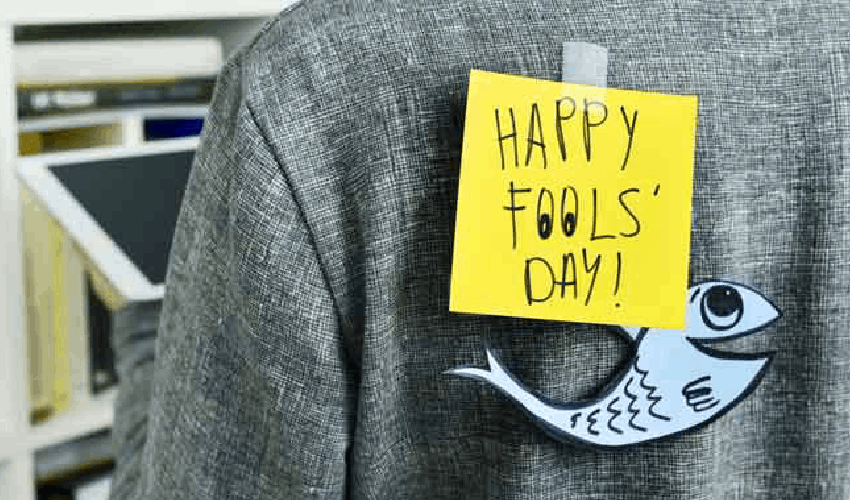
In 1957, the BBC broadcasted a fictional report about a bountiful spaghetti harvest in Switzerland, leading many viewers to believe in the existence of spaghetti trees. Similarly, in 2008, the BBC aired a segment featuring flying penguins, duping millions into thinking these birds had evolved to take flight.
Corporate entities have also engaged in April Fool’s Day antics. In 1996, Taco Bell announced its supposed purchase of the Liberty Bell and proposed to rename it the “Taco Liberty Bell.”
Burger King 1998 advertised a “Left-Handed Whopper,” causing a stir among customers.
Google, known for its annual pranks, has featured various fictitious innovations, from “telepathic search” functions to interactive Google Maps games.
Current Perception and Celebrations
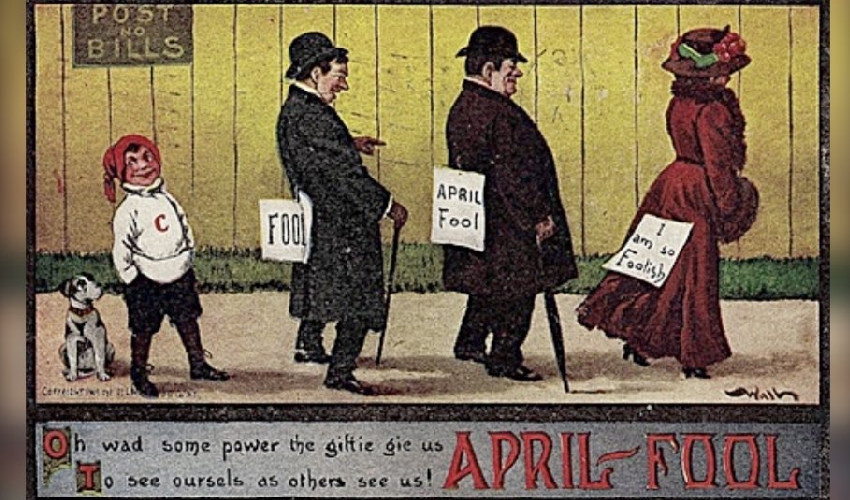
Public opinion on April Fool’s Day remains divided, with recent surveys showing a near-equal split between those who find the pranks amusing and those who deem them annoying.
Regardless of these divergent views, April Fool’s Day continues to be a day where creativity in jest is embraced globally.
Contemporary celebrations of April Fool’s Day often involve simple pranks among friends and family, with media outlets and corporations occasionally joining in with more elaborate hoaxes.
Source: Newsroom



